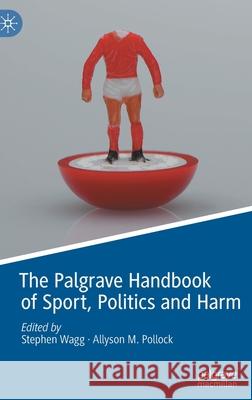The Palgrave Handbook of Sport, Politics and Harm » książka
topmenu
The Palgrave Handbook of Sport, Politics and Harm
ISBN-13: 9783030728250 / Angielski / Twarda / 2021 / 630 str.
The Palgrave Handbook of Sport, Politics and Harm
ISBN-13: 9783030728250 / Angielski / Twarda / 2021 / 630 str.
cena 887,69
(netto: 845,42 VAT: 5%)
Najniższa cena z 30 dni: 848,19
(netto: 845,42 VAT: 5%)
Najniższa cena z 30 dni: 848,19
Termin realizacji zamówienia:
ok. 22 dni roboczych.
ok. 22 dni roboczych.
Darmowa dostawa!
Kategorie:
Kategorie BISAC:
Wydawca:
Palgrave MacMillan
Język:
Angielski
ISBN-13:
9783030728250
Rok wydania:
2021
Wydanie:
2021
Ilość stron:
630
Oprawa:
Twarda
Wolumenów:
01
Dodatkowe informacje:
Wydanie ilustrowane











